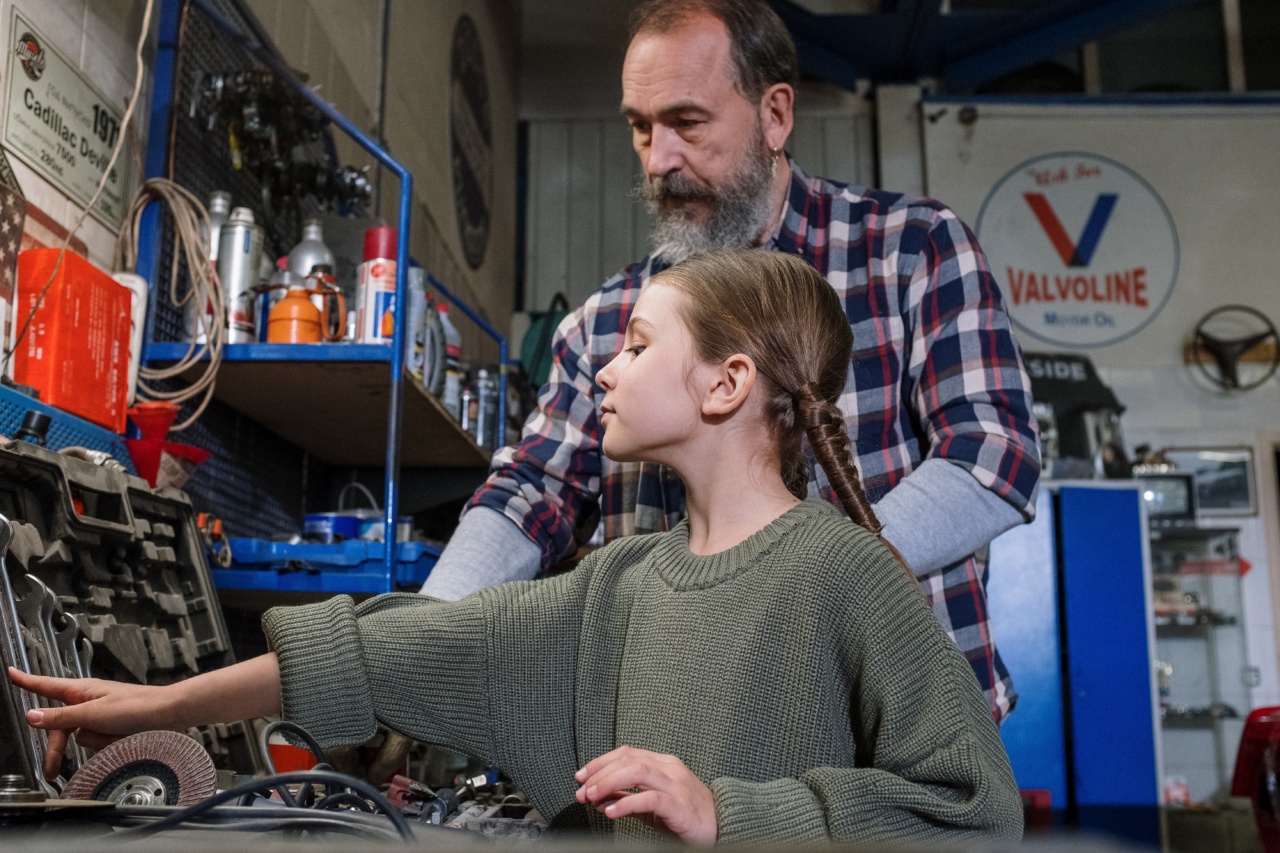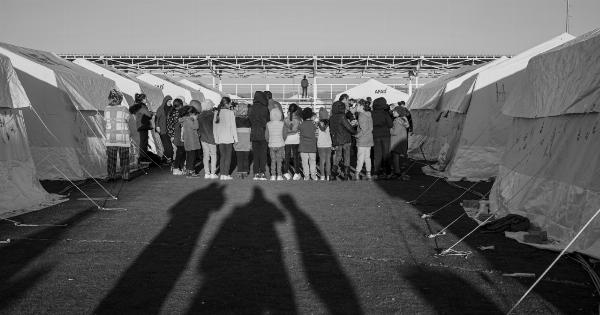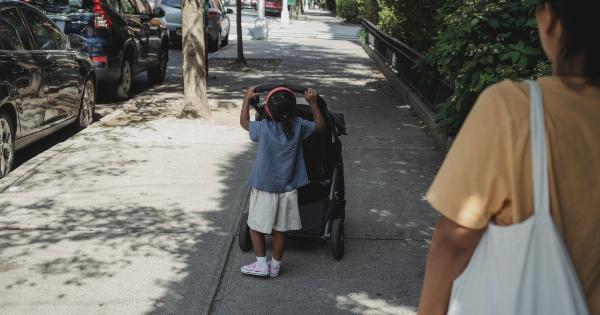As a parent, discovering that your child has ingested or come into contact with a potentially harmful substance can be absolutely terrifying.
However, it is important to try and remain calm so that you can take the necessary steps to help them as quickly as possible. Here are some recommended steps to follow in the event that your child is poisoned:.
Contact Emergency Services
If you believe that your child has been poisoned and is experiencing severe symptoms, such as difficulty breathing or unconsciousness, call your local emergency services immediately.
Explain the situation calmly and provide any necessary details, such as what your child ingested and how much they consumed. Do not attempt to induce vomiting or administer any medication unless instructed to do so by a medical professional.
Contact Poison Control
Even if your child is not exhibiting severe symptoms, it is still highly recommended that you contact your local poison control center right away.
Poison control experts are trained to provide guidance and support over the phone and can help you determine the best course of action. They can also provide information on other potential hazards that you may not have considered.
Collect Information
While waiting for medical professionals to arrive, try to gather as much information as possible regarding the substance your child came into contact with.
Look for labels or containers that may indicate the ingredients of the substance and try to determine how much was consumed, if possible. If you suspect that your child ingested medication, bring the bottle or container with you to the hospital.
Observe Your Child’s Symptoms
Take note of any symptoms or behavior changes your child is exhibiting, as this can help medical professionals diagnose and treat them more effectively. Symptoms may include nausea, vomiting, diarrhea, headaches, dizziness, or difficulty breathing.
Transport Your Child to the Hospital
If your child is exhibiting severe symptoms or has been instructed to do so by emergency services or poison control, transport them to the hospital immediately.
Make sure to bring any information you have collected regarding the substance in question, as well as any medication or other materials that were ingested.
Follow Medical Advice
Once at the hospital, follow any advice or treatment recommendations provided by medical professionals.
Depending on the substance ingested and the severity of the poisoning, treatments may include activated charcoal, intravenous fluids, or other medication. Your child may also be subjected to tests or observations to determine the extent of the poisoning and the best course of action for recovery.
Prevention
Preventing poisoning in children is always the best course of action. Here are some tips to help you reduce the risk of poisoning:.
- Store medications and other toxic substances out of reach of children.
- Lock up cleaning products, pesticides, and other potentially dangerous substances.
- Teach your children about the dangers of ingesting or coming into contact with toxic substances.
- Properly dispose of old medications and other toxic materials.
- Always read labels and follow instructions when using potentially dangerous substances.
Conclusion
Discovering that your child has been poisoned is a frightening experience, but it is important to remain calm and take the necessary steps to help them as quickly as possible.
Contact emergency services and poison control, gather information, and transport your child to the hospital if necessary. Following medical advice and taking steps to prevent poisoning in the first place can help protect your child from harm down the road.






























